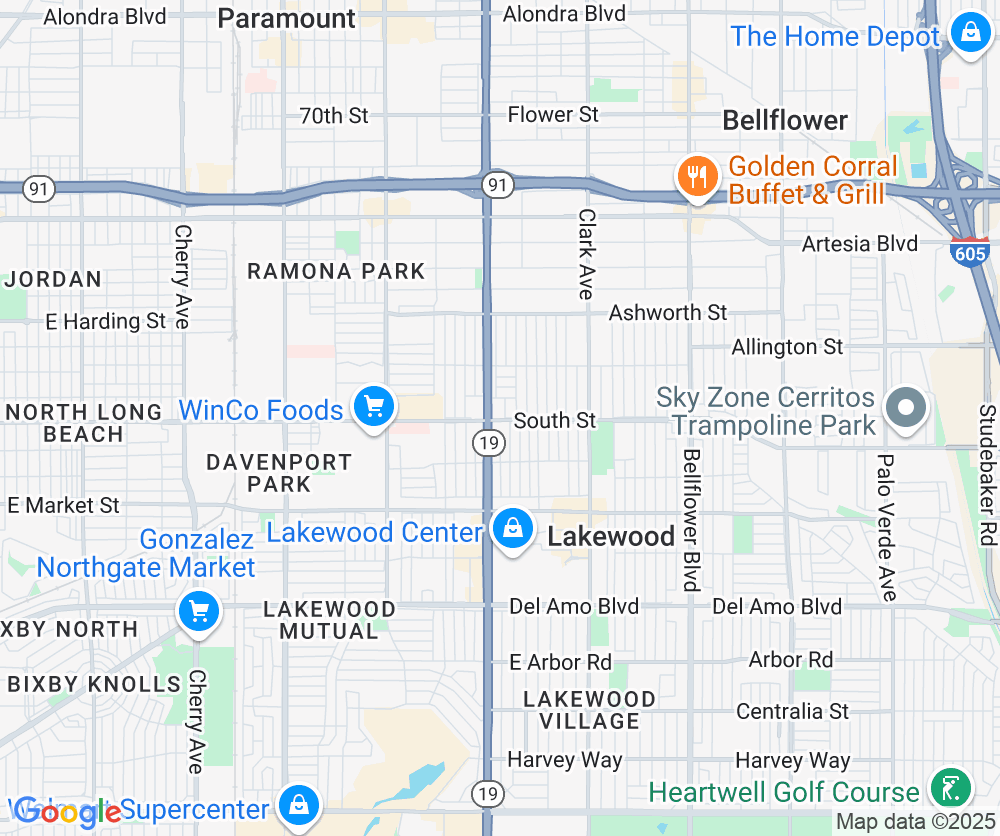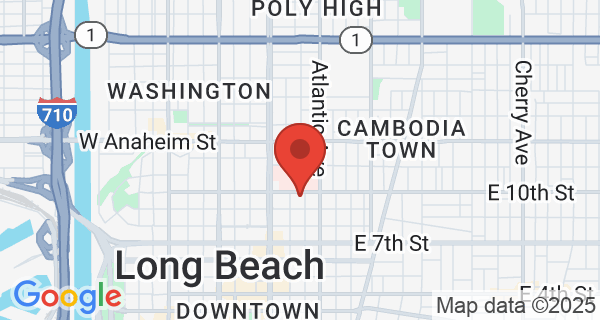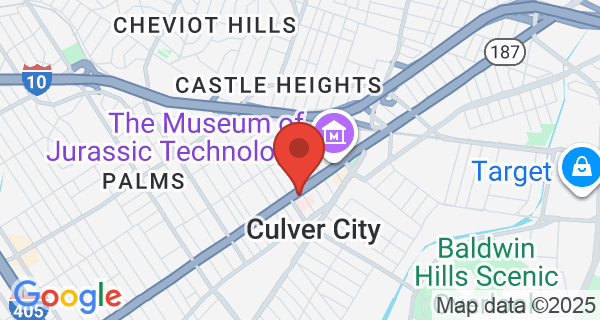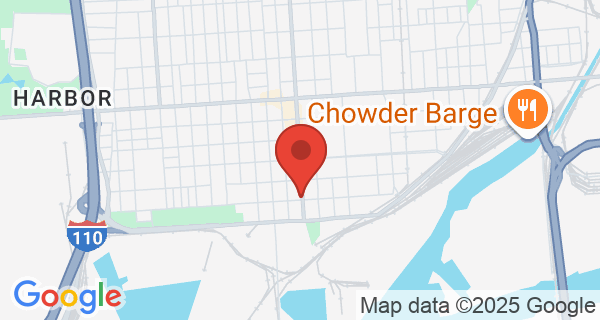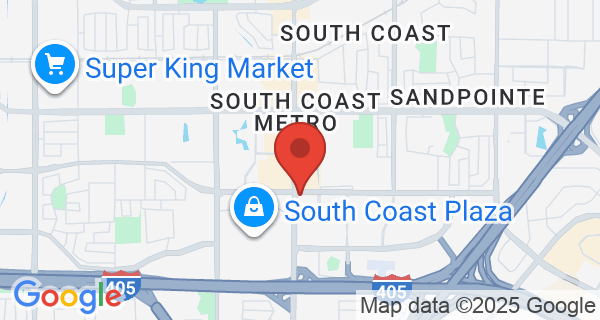- Home
- Meet the Team
- Bariatric Surgery
- Bariatric Surgery Overview
- Gastric Bypass Surgery
- Biliopancreatic Diversion with Duodenal Switch
- LAP-BAND®
- Sleeve Gastrectomy
- Tummy Tuck
- Revision Bariatric Surgery
- ORBERA™ Intragastric Balloon
- ReShape™ Non-surgical Weight Loss Procedure
- Body Contouring after Weight Loss Surgery
- Bariatric Surgery Recovery
- Lap Band to Sleeve
- Obalon Balloon System
- Non-surgical Weight Loss Procedures
- GERD Treatment (LINX®)
- Testimonials
- Reviews
- Locations
- Blog
- Photo Gallery
- Contact
- Site Map
THE RIGHT GASTRIC BYPASS DIET CAN HELP YOU ACHIEVE WEIGHT LOSS
Following a custom gastric bypass diet is essential to achieving your desired results after weight loss surgery. By learning good eating habits and then staying consistent with your plan, you can improve your chances of success. Further, healthy eating guidelines will reduce your risk for discomfort and complications after gastric bypass surgery. When you visit Advance Bariatric Center, Dr. H. Joseph Naim will explain the specific changes you should make before and after surgery. At his offices in Los Angeles, Orange County, and Long Beach, CA, registered dietician Dori Zerlin, MS, RD can provide personalized guidance for both diet and exercise.
Before Your Gastric Bypass Surgery
Your gastric bypass diet begins before your surgery. In the months leading up to your procedure, you should start implementing healthy habits. We know that this can be a difficult challenge, especially if you suffer with food addictions or similar problems. We offer compassionate, non-judgmental care to improve your emotional and mental wellbeing, as well as your physical health.
Even after you have healed from gastric bypass surgery, you will need to dramatically alter your eating habits.
One to two weeks prior to your surgery, you will need to begin a liquid diet. This will reduce the amount of fat around your liver and spleen, ensuring a safer and more successful procedure. Your liquid diet will consist primarily of protein and meal replacement shakes, along with vegetable juice and clear broth. In some cases, you may be able to have lean meat or vegetables cut into very small pieces, but this is determined on an individual basis.
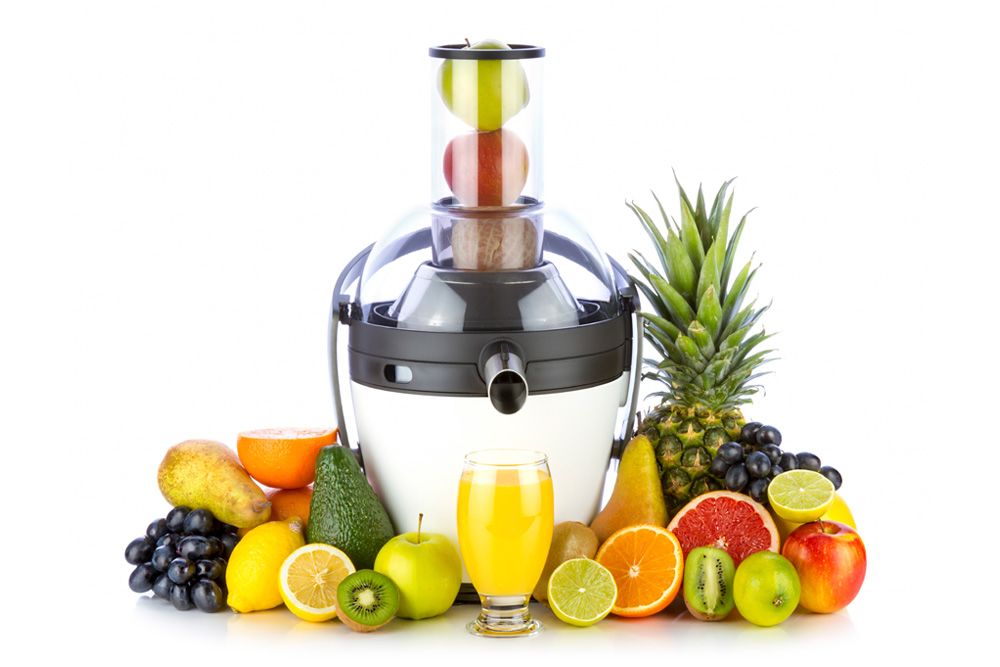
A strict liquid diet is essential immediately following surgery.
Your Gastric Bypass Diet during Your Recovery
Dr. Naim and his team will provide week-by-week dietary guidelines after your surgery. While you will slowly become able to increase the variety of foods that you eat, you will consume a much smaller amounts than you could before gastric bypass. To ensure that you take in the right amount of nutrients, calcium and vitamin supplements are essential.
- Weeks One and Two: For the first two weeks, you will eat a liquid diet consisting primarily of water, broth, and juice with focus on protein shakes. You may experience some discomfort when you drink, and you will need to consume only about an ounce of liquid at a time.
- Week Three: Although you will still follow a liquid diet during the second week, you should start adding protein back in. For example, your dietitian may recommend protein powders, egg whites, and non-fat cottage cheese. You should puree these foods in a blender first. You should also avoid drinking anything 30 minutes before or 60 minutes after your meal.
- Weeks Four and Five: Within a month of your surgery, you can typically start to add solids back into your diet. However, you should focus on soft, high-protein foods, aiming for 60 to 70 grams of protein per day. To avoid discomfort, you should eat three to six small meals per day.
- Week Six and beyond: Typically, you can begin eating solid foods by week six. Nevertheless, you must be cautious. Add foods back in one at a time to see how your body reacts, and continue eating multiple small meals a day. Do not drink anything while you are eating, but be sure to get at least 64 ounces of water throughout the rest of the day. Additionally, you should chew very thoroughly for at least 15 seconds per bite.
Lifestyle Changes for Long-Term Results
Even after you have healed from gastric bypass surgery, you will need to dramatically alter your eating habits. Slipping back into old routines can negate the results of your surgery, and affect your chances of losing the desired amount of weight. You should focus on lean proteins, fruits, vegetables, and a small amount of healthy fats. Your daily caloric intake will typically range from 800 to 1,200 calories for the first year and a half. After this time, it may increase to around 1,500 calories. Dr. Naim and your dietician will determine exactly how much you need to eat to maintain a healthy diet and high energy levels.
Of course, physical activity is also important for weight loss and maintenance. You can typically start exercising a few weeks after your surgery, though you should not lift anything over 10 pounds for about six weeks. For optimal results, try to get in at least 30 minutes of exercise a day, five to seven days a week.
Learn More about the Gastric Bypass Diet
If you have questions about any phase of gastric bypass treatment and the foods you should eat, contact Advance Bariatric Center online or call (310) 684-4070. We can thoroughly explain how and why we recommend certain foods, the right proportions, and other details.

